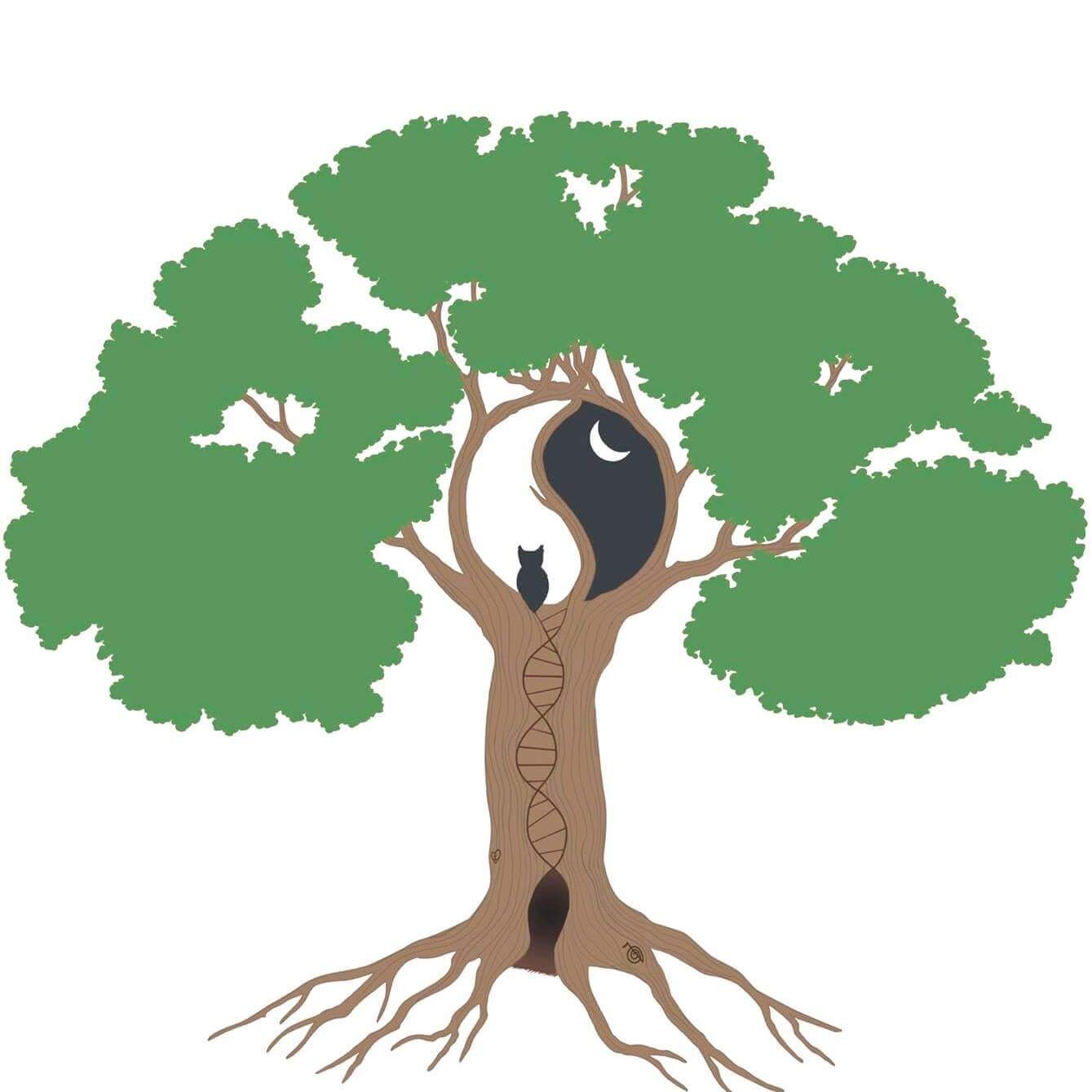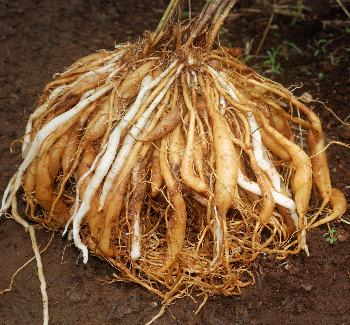Native to the Mediterranean with over 900 species it belongs to the mint family of herbs.
Contains many anti-inflammatory and antioxidant compounds including cineole, camphor, camphene, borneol, and bornyl acetate.
Contains thujone which has antiseptic and antibiotic properties that helps the body fight off viruses and bacteria.
A natural source of flavonoids and polyphenolic compounds possessing strong antioxidant, radical-scavenging, and antibacterial activities.
Contains many nutrients including vitamins A and K, magnesium, potassium, phosphorus, folate, and beta-carotene.
There have been studies done on its anti-inflammatory abilities, its effect on cognition and memory, as well as its ability to lower cholesterol and blood glucose levels. This is exciting news for those with diabetes, Alzheimer's disease, and high cholesterol.
It has been looked at for use against obesity in studies due to its active components on the pancreatic lipase activity and lipid digestion.
Traditionally been used for the treatment of digestive and circulatory disturbances, bronchitis, cough, asthma, angina, mouth and throat inflammations, depression, excessive sweating, hot flashes, skin diseases, muscle tension, worms, colds, and flu, etc.
Used to dry breast milk production.
Sage tea:
Bring 1 quart of water to a boil
Add 1 ounce of fresh sage leaves, honey to taste, 1-2 lemons cut into wedges
Turn off heat, cover pot, and let sit for 30 minutes, strain and drink. May also use as a gargle for a sore throat.
Sage can interfere with certain medications or health conditions. Those that are dry or experiencing Yin deficiency should consult a qualified herbalist. Sage should be avoided by those women who are pregnant or nursing. If you are unsure if sage is right for you - let me know, I am happy to work with you to see if it is a fit.





